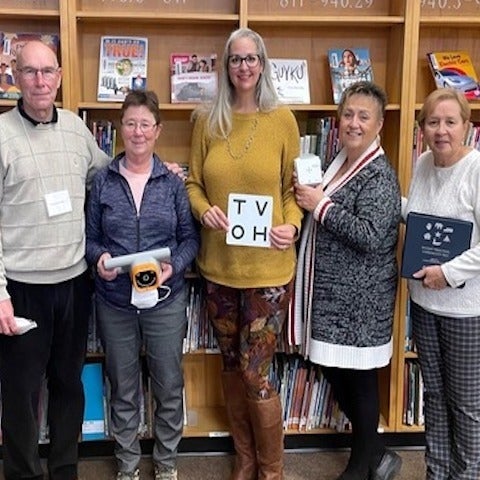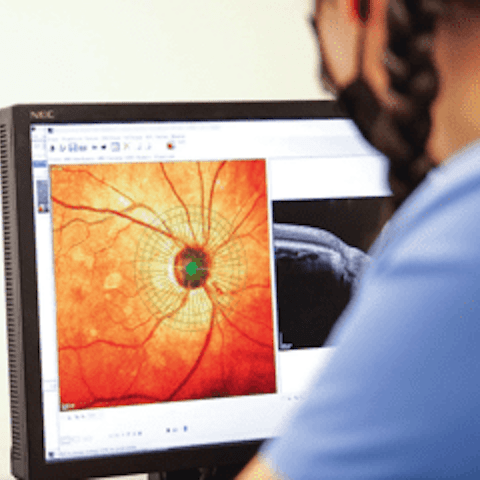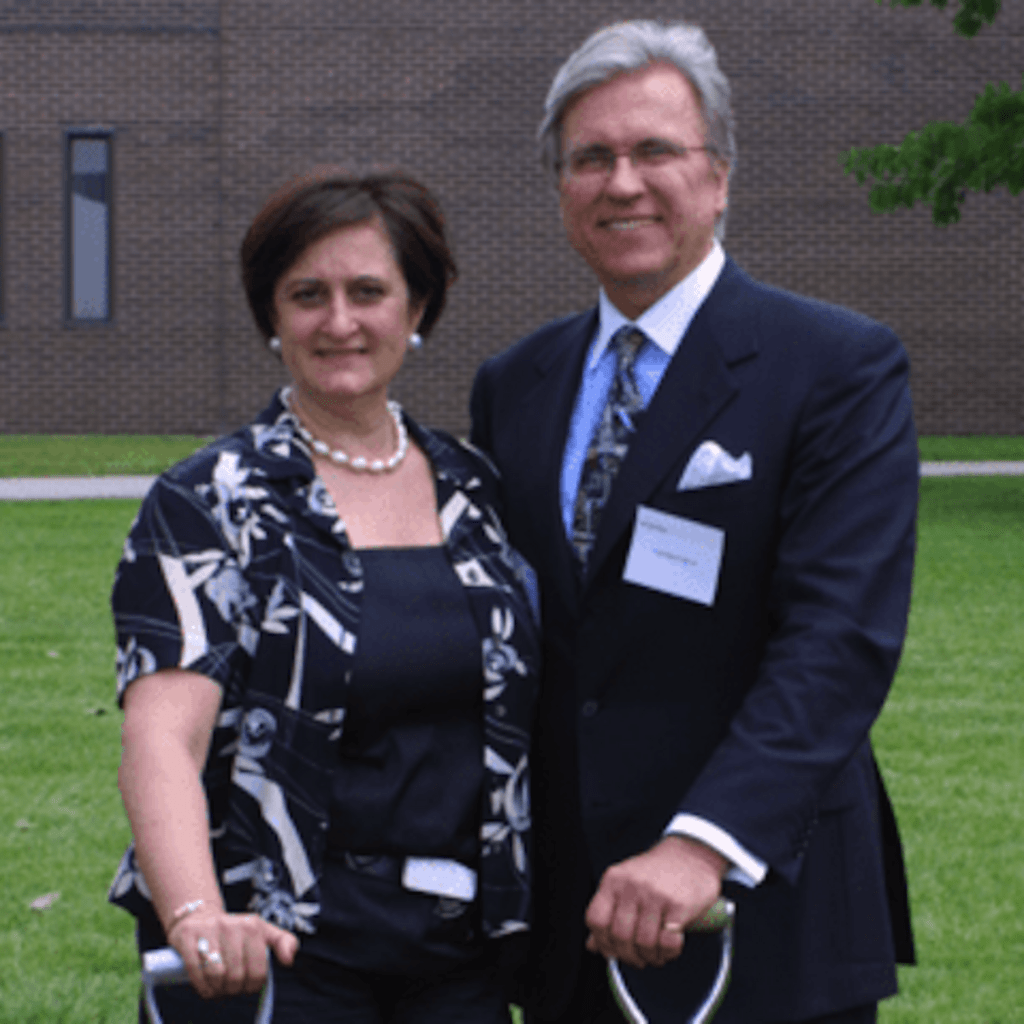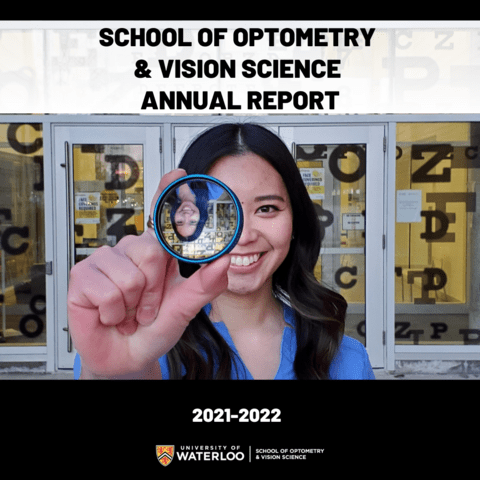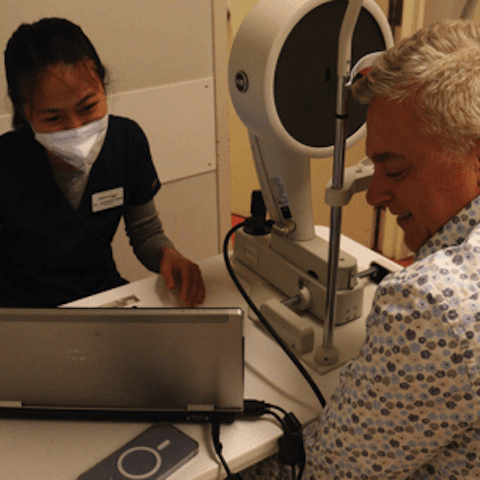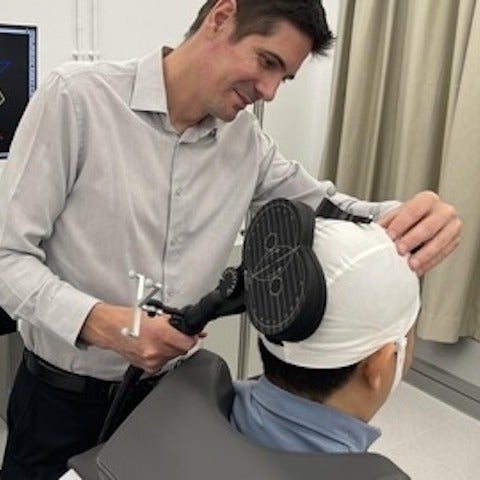Helping Children See by Working Together
Pediatric Vision Project partners with The Cowan Foundation and Lions Club of Canada
The School of Optometry & Vision Science (UWOVS) is partnering with The Cowan Foundation and the Lions Club of Canada to develop a coordinated vision plan for the Region of Waterloo Public Health to screen every child in senior kindergarten (SK). This plan is to meet the 2018 Ontario Public Health Standards set by the Ministry of Health.
